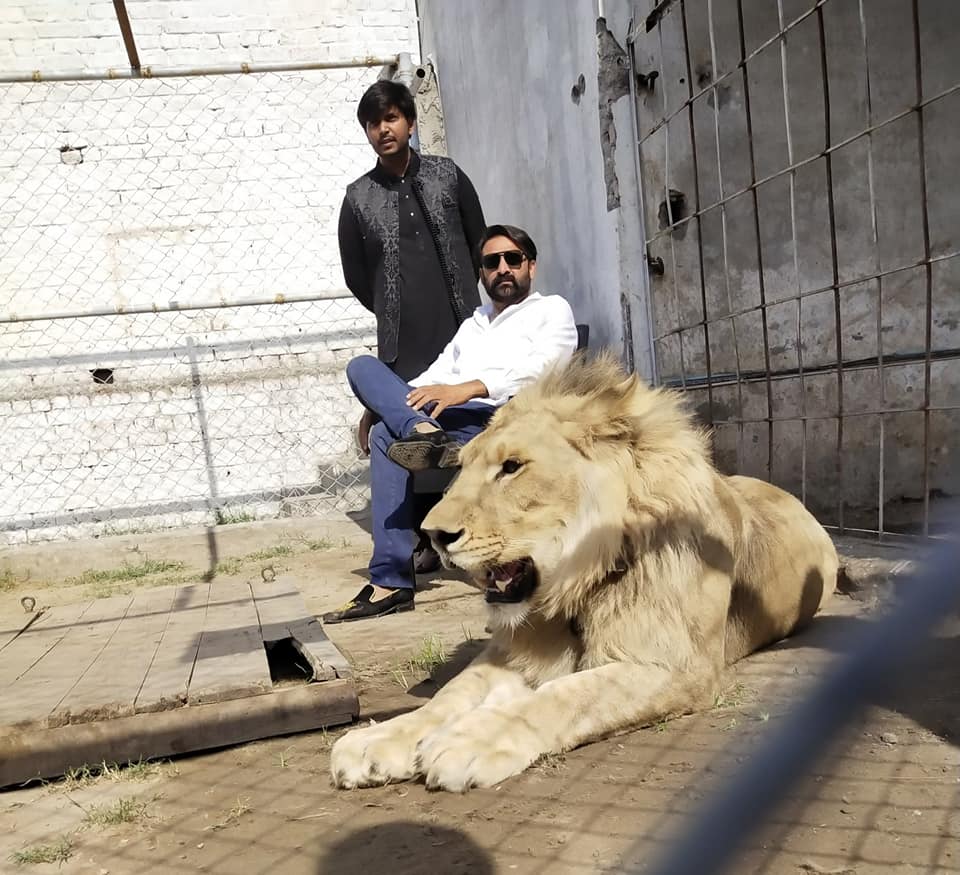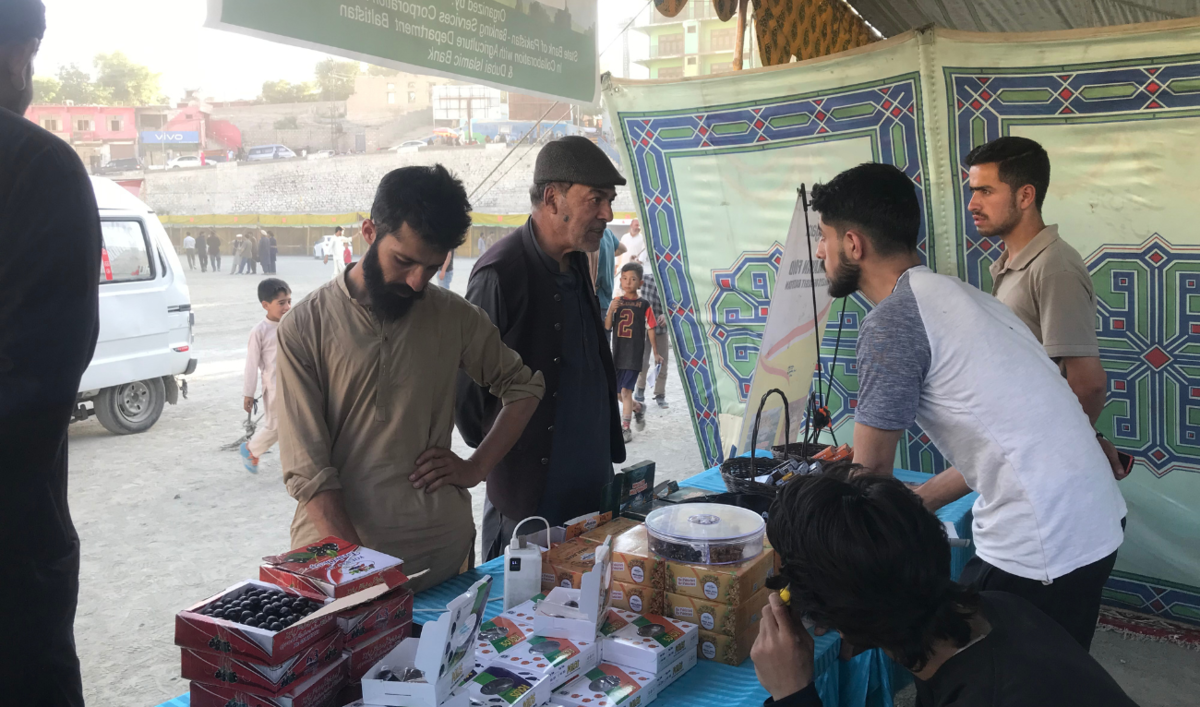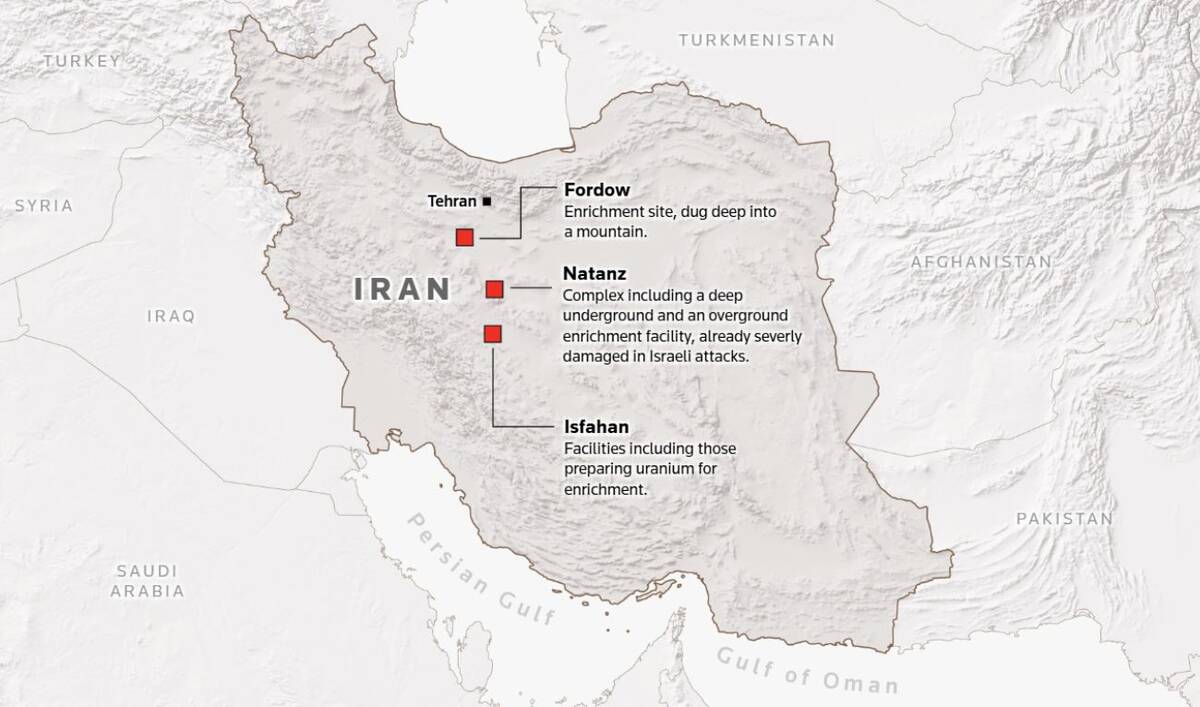LAHORE: When Jaun Shah bought Gabbar in 2021, he was a cute, one-month-old African lion cub who loved to play and cuddle with his new companion.
But as the animal grew older and bigger, Shah came face to face with a painful reality: raising a lion was no easy task.
Gabbar, whom Shah had named after an iconic Bollywood villain, had begun to play the part. At one point, he almost chewed off his owner’s shoulder during playtime and Shah and his helpers increasingly became afraid to go near him or into his cage.
Fourteen months after Shah had bought Gabbar for around $4,000, he gave up on trying to raise him and sold the lion off to a local housing society zoo.
“Love is tough, especially when it comes to a full-grown African lion,” Shah told Arab News. “I was wary of the violent tendencies these sublime brutes can develop but I thought we were doing just fine.”
“You can keep a cub until it’s seven eight months old but after that it just grows bigger with every passing day and a 200kg beast is not for any ordinary person to handle.”

This undated photo former lion owner Jaun Shah posing with a lion. (Jaun Shah)
He added wistfully: “Gabbar’s intentions weren’t deadly, he was just excited, mostly.”
Shah is one of several affluent Lahore residents Arab News interviewed, who had bought lions as pets in recent years and then abandoned them after being unable to provide the special care they require and realizing that raising them was both hard and dangerous. Many sold the animals to other private owners, while some approached small housing society zoos.
Unfortunately, the housing society that bought Gabbar was also now looking to rehome him — without much luck, Shah said.
“OUT OF SPACE”
In the past, owners were able to gift their pet lions to the Lahore Zoo after they got tired of them but zoo authorities are now refusing to take in more animals on account of overcrowding.
Kiran Saleem, a deputy director at the Lahore Zoo, said there was no space at the establishment to accommodate more lions.
“We are out of space, we cannot even accommodate the ones rescued by the wildlife department from illegal possession or which were kept in deplorable conditions,” she told Arab News. “In fact, some cages dedicated to tigers and panthers are also occupied by lions at the Lahore Zoo.”
The situation became especially hard to manage after the Lahore Zoo received 10 tigers and eight lions as a gift from the UAE government in 2019, which Saleem said were sent to different zoos across Punjab.
The Lahore Zoo currently houses 26 lions while the city’s Safari Park has 40. The capacity at both facilities is 18 and 34, respectively. The number of surplus lions at 21 parks and zoos across Punjab is more than 20, Saleem said.
An auction scheduled for March 15 to sell surplus lions at these facilities never took place due to lack of interest from buyers, even though the opening bid was kept at Rs 150,000 — much lower than the market price of an adult lion.
Until a few years ago, a lion cub could fetch more than half a million rupees or $2,500. Now, it was hard to get even a quarter of that, previous lion owners said.
Badar Munir, chairman of the Taskforce on Forests and Wildlife Punjab, said: “We have kept the opening bid low knowing that there aren’t many people who would be interested in buying while the market is already high on supply.”
A second auction would be held soon, he said, but the date had not yet been set.
Meanwhile, lion owners who want to give up their animals are struggling to find takers, particularly as few want a pet that is so expensive to feed and house.
“It’s an expensive pet to keep simply,” Syed Imdad Shah, a businessman who has been breeding lions for the past several years, told Arab News. “It consumes 4-5kg meat a day and you have to hire a vet full time.”

The picture posted on May 16, 2021 shows Syed Imdad Shah (second left) posing with a lion in Lahore, Pakistan. (Syed Imdad Haider/Facebook)
A lion owner also needs to spend generously on vitamins and medicines for the pet and appoint a caretaker. If you want to keep a lion as a pet, the businessman said, you should be willing to spend up to $2,500 a month.
Dr. Rizwan Khan, a veterinary doctor hired by several lion keepers in Lahore, said a lack of behavioral therapy for lions in Pakistan was another reason owners were unable to handle them and often gave them up.
“Lions and tigers go through violent mood swings because of many reasons, including separation anxiety,” the vet told Arab News. “They may seem fearless but they also go through fears and phobias. Some common ones are thunderstorms, crowds, veterinarian visits, car rides and loud noises, and generalized anxiety, typically due to a lack of socialization.”
“TRADE IN BODY PARTS”
Why then do some people still want to keep lions as pets?
“Most of them are those who want to portray a macho image for themselves, flaunt their wealth, while there are some who have kept lions just because it is the election symbol of a political party they support,” Syed, the businessman, said, referring indirectly to the ruling Pakistan Muslim League-Nawaz (PML-N).
Some even consider the fat of a lion an aphrodisiac, he added, laughing.
Animal rights advocate Uzma Khan, who works for the World Wildlife Fund, said lions in Pakistan were also coveted due to illegal trade in body parts.
A 2016 WWF report titled ‘An Assessment of the Scale of Illegal Wildlife Trade in Pakistan’ says the Sindh and Khyber Pakhtunkhwa provinces are top markets for the sale of lions in the country.
The report said the wholesale price of an African lion’s hide was Rs70,000 ($350), while pendants and lockets carved out of lion teeth and claws could fetch thousands of dollars. Hakeems, or local physicians, also used lion fat in medicines meant to relieve muscular and joint pains.
Once you bring the animals into the country, there is no check and balance on their sale, WWF’s Khan said. A set of guidelines issued in 2011 by the National Council for Conservation of Wildlife, the closest to a regulatory regime in Pakistan, had no legal value, she added.
“So where do all these body parts come from? Obviously from dead animals but no one has data on lions who died and how?” she told Arab News. “Autopsies are performed on animals which die at zoos or parks but none are done when it comes to individuals or companies [who own lions].”
Khan lamented the lack of rescue centers for abandoned lions and the fact that authorities were not controlling the growing lion numbers through contraceptives and neutering.
“Breeding big cats is not rocket science. They breed easily, and within a couple of years, their numbers have increased to the extent that we cannot help the unwanted ones,” the animal rights activist said.
She says she had advised authorities on numerous occasions to put lions at zoos on contraceptives or neuter them.
“These methods are used worldwide to control over-population in captivity. I don’t know why we can’t do it here,” she said.
“FEEL BAD FOR MY ANIMAL”
For now, lion enthusiasts warn that often what is mistaken for violent tendencies, and which lead owners to give them up, are just the lions being playful.
“It’s not for the faint hearted to keep lions as pets,” enthusiast Usman Khan said. “When lions are being playful, they jump on you, cuddle with you, but in their own way. Most people get terrified by this playfulness but you have to be lion-hearted yourself to keep a lion, otherwise please don’t.”

The photo posted on April 5, 2020 show Usman Khan holding a cub in Pakistan. (usmanbullet_/instagram)
Khan advised lion keepers not to be afraid when a playful lion bit or hugged them “because if you do try to pull away it will further clench and you will get hurt.”
“Just let it be, it will loosen up the bite,” he said. “Better still, put something bitter on your arms before playing with it. They’re repelled by the taste and won’t probably try to bite you again, even during play.”
But Shah, the past owner of Gabbar, said he still has a hard time getting over his fears. Though he still visits his former pet at his new home at the housing society, he now only watches from a distance.
“It still gets excited to see me but I cannot cuddle it, nor can I stay there for long,” he said. “I feel bad for my animal.”



















